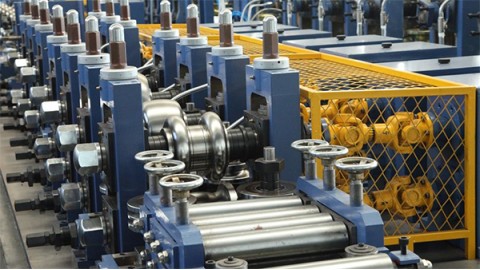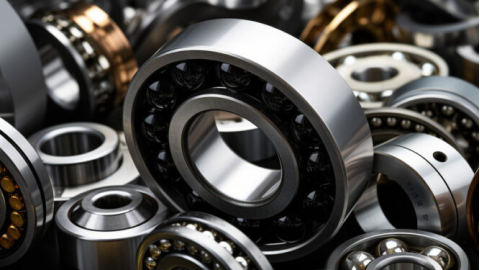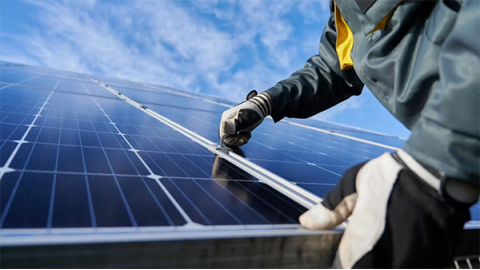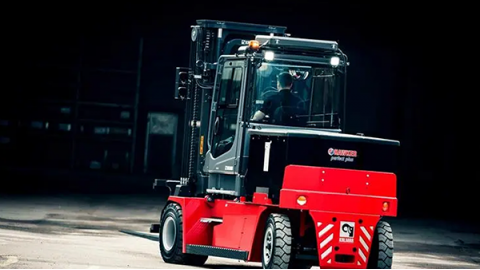Top 10 Pipes, Tubes and Fittings Companies
Pipes, tubes, and fittings are essential parts of industrial and building systems. They move liquids, gases, and solid materials. The global market for these products is worth over $200 billion. It is expected to grow by 5.2% each year until 2027. Companies serve many industries, including oil and gas, construction, and water treatment.
It is important to know the difference between these products:
- Pipes are rigid structures for large-scale transfer.
- Tubes are flexible and used for precise applications.
- Fittings are components that connect and control flow.

How We Ranked the Companies
This list is based on 2023 data. We looked at financial performance, market share, and innovation. Revenue numbers come from company reports. Market share data is from Global Market Insights. We also measured innovation by patents and research spending. For example, Tenaris invests over $200 million in research each year. We also considered sustainability efforts, like carbon reduction goals.
The Top 10 Companies in Pipes, Tubes and Fittings
Here are the leading companies that shape the industry.
10. TMK Group
TMK is a Russian company. It specializes in steel pipes for the energy industry. The company reports an annual revenue of $4.5 billion.
9. Tenaris
Tenaris is an Argentina-Italy company. It is known for its seamless steel tubes. The company has a revenue of $12 billion.
8. Vallourec
Vallourec is a French company. It focuses on high-end tubes for oil and gas. Its revenue is €4 billion.
7. Georg Fischer
This Swiss company leads in plastic and metal fittings. Georg Fischer has a revenue of CHF 3.5 billion.
6. Aliaxis
Aliaxis is a global leader in plastic piping systems. The Belgium-based company has a revenue of €4 billion.
5. McWane
McWane is a US company. It specializes in iron pipes and fittings. Its revenue is $2.5 billion.
4. Nippon Steel Corporation
This Japanese company offers a wide range of steel pipe products. Nippon Steel has a revenue of $50 billion.
3. China Lesso Group
China Lesso Group dominates the Asian market. It reports a revenue of $5 billion.
2. Uponor
Uponor is a Finnish company. It is famous for innovative heating and plumbing solutions. Its revenue is €1.5 billion.
1. Victaulic
Victaulic is a US company. It changed the industry with its grooved piping systems. The company has a revenue of $2 billion.
Key Trends and Innovations
The industry is always evolving. New technologies make systems smarter and more efficient.
Smart Pipes
Smart pipes use IoT sensors to detect leaks. Uponor's solutions can reduce water loss by up to 20%.
Sustainable Materials
Companies now use recycled materials. Aliaxis uses recycled HDPE plastic. This reduces its carbon footprint by 30%.
Modular Systems
Modular fittings make installation faster. Victaulic's grooved systems can cut installation time by 50%.
3D Printing
3D printing creates custom fittings. Georg Fischer invests in this technology for faster prototyping.
Digital Twins
Digital twins are virtual models of piping networks. They help with maintenance and improve efficiency.
Applications and Market Sectors
Different industries need different types of pipes and fittings.
Oil and Gas
The oil and gas industry uses 40% of all pipes. It needs high-strength steel tubes. Tenaris provides specialty products for this sector.
Construction
The construction industry uses PVC and CPVC pipes for water and HVAC systems. China Lesso is a key supplier for residential projects.
Water and Wastewater Treatment
This sector needs corrosion-resistant materials like HDPE. Aliaxis offers solutions for treatment plants.
Industrial Applications
Factories need chemical-resistant tubes. Nippon Steel provides stainless steel products for these uses.
Geography Matters
Asia-Pacific is the largest market. It makes up 45% of global demand. Growth is driven by urbanization and new infrastructure projects.
Challenges and the Future
Companies in this sector face several challenges.
Raw Material Costs
The cost of steel increased by 15% in 2023. This affects company profits.
Regulations
New rules demand greener products. The European Green Deal requires lower emissions.
Supply Chain Issues
Supply chains are still recovering from the COVID-19 pandemic. This leads to longer delivery times.
The Road Ahead
The future is focused on circular economy models. Companies like McWane have recycling programs for iron. The smart pipe market could reach $10 billion by 2030. Automation and AI will drive this growth.




